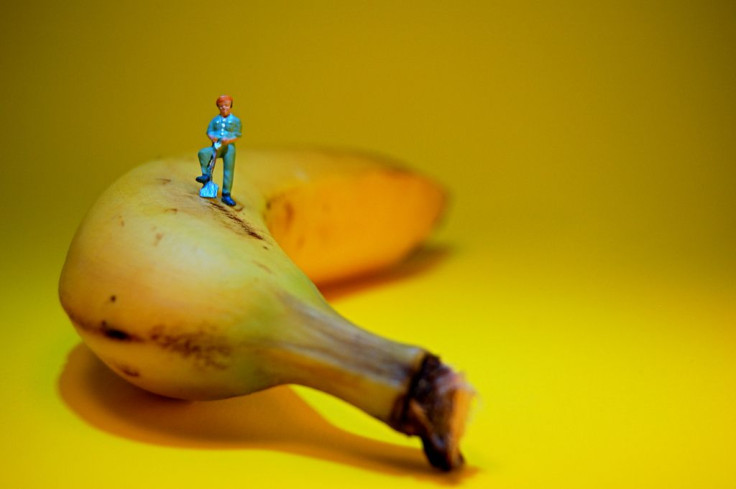High Potassium Diet Can Save The Heart And Kidneys Of Diabetics Everywhere

Evidence has shown that dietary potassium can improve dietary stroke risk among menopausal women. Who else can benefit from a little more potassium in their diet? Everyone. A recent study conducted by researchers from Shiga University of Medical Science in Japan has found that sticking to a diet high in potassium can help protect the heart and kidney heath of people diagnosed with type 2 diabetes.
"For many individuals with diabetes, the most challenging part of a treatment plan is to determine what to eat," said lead researcher Dr. Shin-ichi Araki in a statement. "The results in our study highlight the importance of a diet high in diabetes nutrition therapy."
Araki and his colleagues recruited a group of 623 patients with type 2 diabetes and normal kidney function who enrolled in the study between 1996 and 2003 and were followed-up until 2013. Participants with higher levels of urinary potassium excretion, which tends to correlate with intake amounts, were more likely to experience a slower decline in kidney function and a lower rate of heart complications.
A similar study conducted by researchers from the Boston University School of Medicine showed that dietary potassium can also help with improving our blood pressure readings. Among 2,185 black and white girls between the ages of 9 and 10, those who consumed 2,400mg of potassium per day or more recorded lower blood pressure reading compared to girls who consumed less potassium. Potassium is often praised by cardiovascular experts because it reduces the effects of sodium.
According to the American Heart Association, the recommended daily intake of potassium for an average adult is around 4,700 milligrams per day. Dietary sources of potassium include: sweet potatoes, potatoes, greens, spinach, mushrooms, lima beans, peas, bananas, tomatoes, tomato juice and tomato sauce, oranges and orange juice, cantaloupe and honeydew melon, grapefruit and grapefruit juice, prunes and prune juice, apricots and apricot juice, raisins and dates, fat-free or low-fat (1 percent) milk, fat-free yogurt, halibut, tuna, and molasses.
Source: Araki S, et al. Urinary Potassium Excretion and Renal and Cardiovascular Complications in Patients with Type 2 Diabetes and Normal Renal Function. Clinical Journal of the American Society of Nephrology. 2015.



























